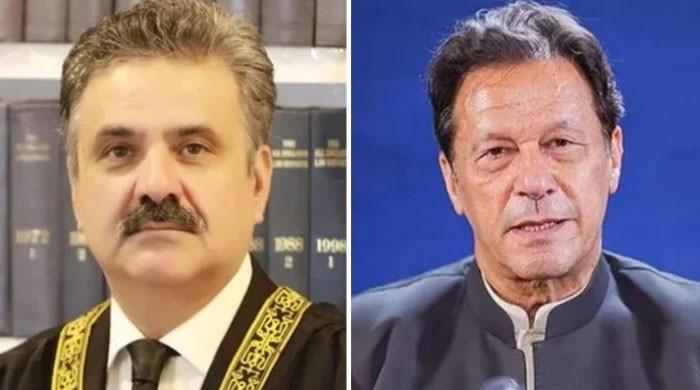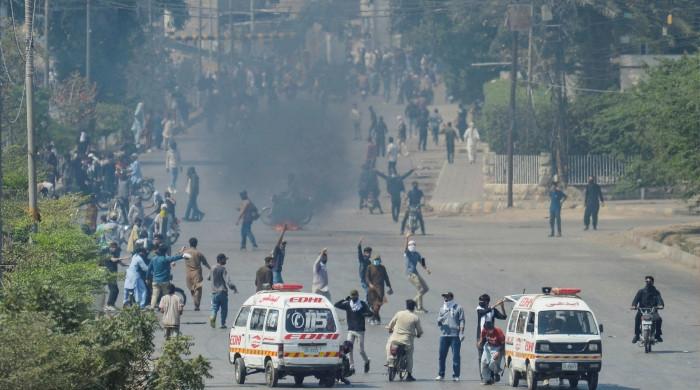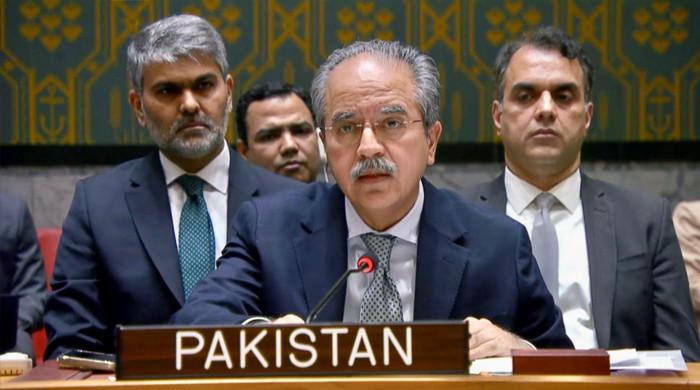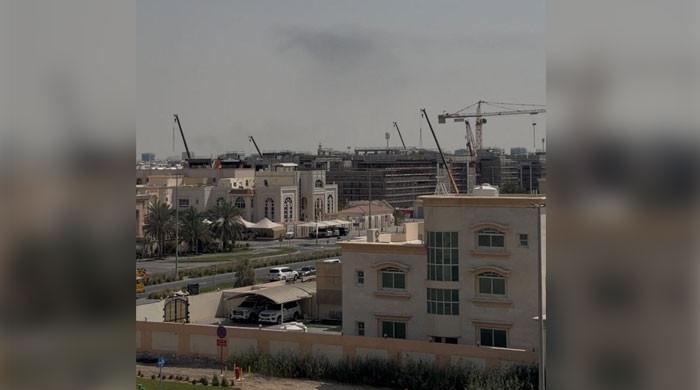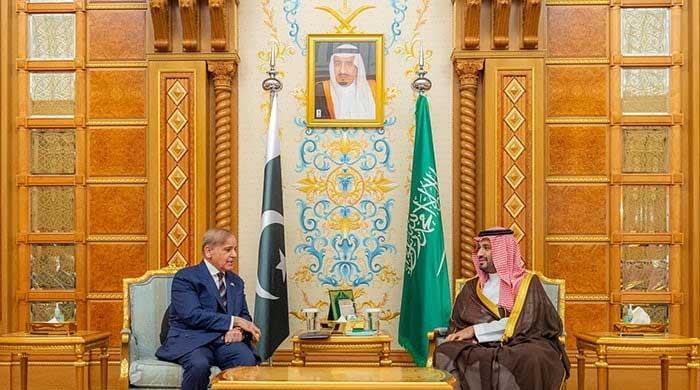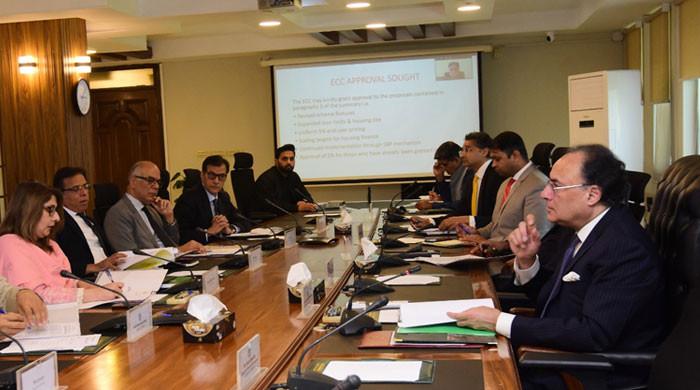A look at AJK's political process ahead of July 25 elections
Azad Jammu and Kashmir has a system of its own and here’s what you need to know about how it works
July 04, 2021
The people of Azad Jammu and Kashmir will go to the polls on July 25 to elect new members to the region's Legislative Assembly.
AJK has a system of its own and here’s what you need to know about how it works.
Like Pakistan, the region has a parliamentary form of government with a president, prime minister, supreme court, high court and an independent election commission.
However, the Prime Minister of Pakistan, that is Imran Khan, is the highest office holder of the region as the chairman of the Kashmir Council.
The legislative assembly consists of 53 members, out of which 33 are directly elected from the 10 districts of AJK. On the other hand, 12 seats are available for the Kashmiri refugees living in the four provinces of Pakistan.
The assembly also has a single seat for overseas Kashmiris and five seats reserved for women. Meanwhile, one seat is reserved for Ulema-e-Din or Mashaikh and one for a technocrat.
What is interesting to note is that the political process in AJK has continued despite the martial laws imposed in Pakistan. The governance of the region also remains undisturbed if a rival political party has a federal government in Pakistan.
The polls of the region are also watched internationally as the polls in AJK are compared with the elections held in occupied Kashmir. This was the main reason that in 2006, EU observers were present to oversee the election in AJK.
This year, 32 parties including the AJK chapters of mainstream Pakistani political parties are participating in the elections.
The region has 3.2 million voters, out of which 1.75 million are male and 1.46 million are female.




